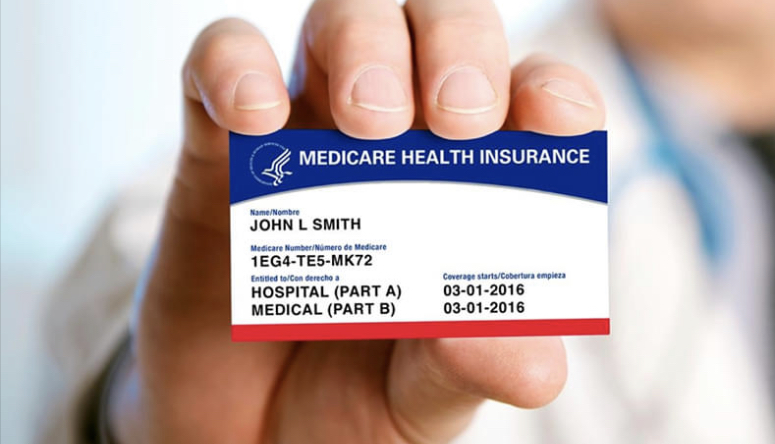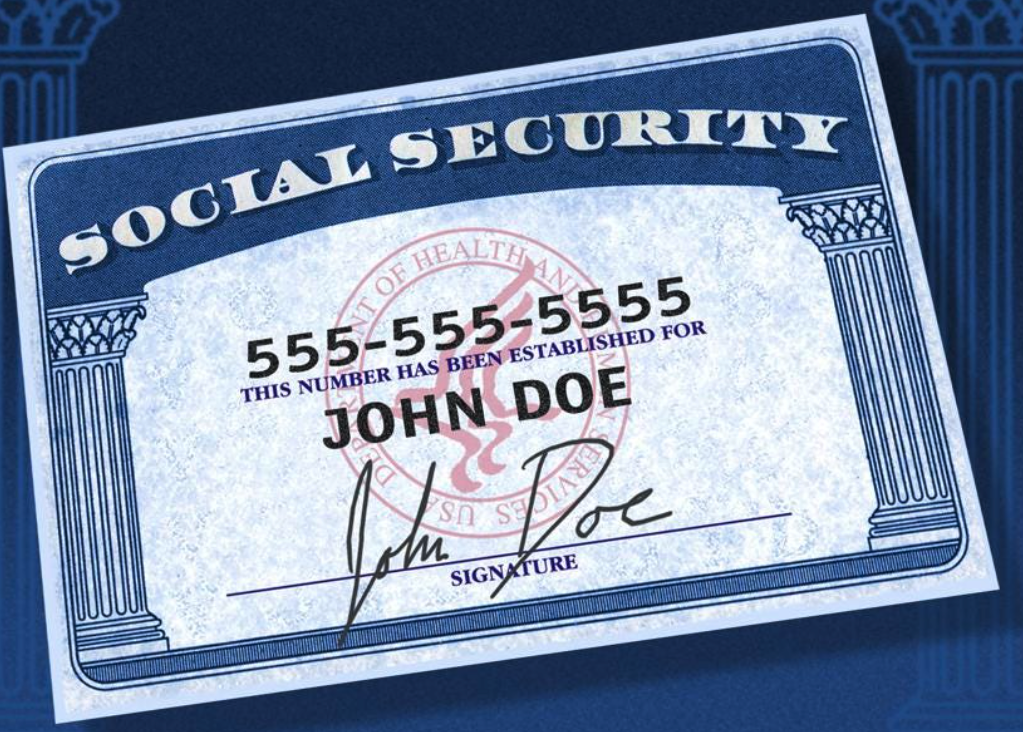
Medicare and a Power Of Attorney. A power of attorney (POA) is a powerful tool. A medical POA is a durable power of attorney for healthcare. When you make a medical power of attorney — more commonly called a “durable power of attorney for health care”, you name a trusted person to oversee your medical care and make health care decisions for you if you are unable to do so. Depending on where you live, the person you appoint may be called your “agent,” “attorney-in-fact,” “health care proxy,” “health care surrogate,” or something similar.
Your health care agent will work with doctors and other health care providers. They will make sure you get the kind of medical care you wish to receive. When arranging your care, your agent is legally bound to follow your treatment preferences to the extent that he or she knows about them.
Because of COVID-19, this issue is very important. There’s no getting around the fact that the risk for severe illness from this disease increases with age. The hospitalization rates for those ages 65-74 is 198.7 per 100,000 population, compared to 84.6 for 40-year-olds. That rate jumps to 513.2 for those 85 and older.
Medicare Authorized Representative
Powers of attorney do not stand alone when it comes to Medicare issues. By law, Medicare requires a beneficiary’s written permission. This is used to provide personal medical information for any purpose not defined in the privacy notice contained in the “Medicare & You” handbook. A competent person can complete the form, called the “1-800-MEDICARE Authorization to Disclose Personal Health Information.” Then when needed, the representative is authorized to talk with Medicare. The representative research and choose Medicare coverage, handle claims, even file an appeal.
There are spome steps you should follow when xcompleteing the form.
- Check whether you authorize Medicare to release limited or any information. If limited, identify the type of information, such as claims, eligibility, or premiums.
- Identify whether the authorization applies for a specified period of time or indefinitely.
- Submit the form by mail to Medicare. There is no fax or email submission.
The individual has the right to revoke this authorization at any time. If you no longer able to give consent, their personal representative can complete the form and attach a duly executed power of attorney.
Individual Medicare plans – Medicare Advantage, Part D prescription drug, or Medicare supplement
Each plan has an authorization form and it goes by different names. Some common names are authorization to share personal information or authorization to share protected health information. This form would provide authority to speak to plan representatives about claims or coverage, update contact information, and more, depending on the individual plan.
To start this process, check the plan’s member information or contact a customer service representative.










